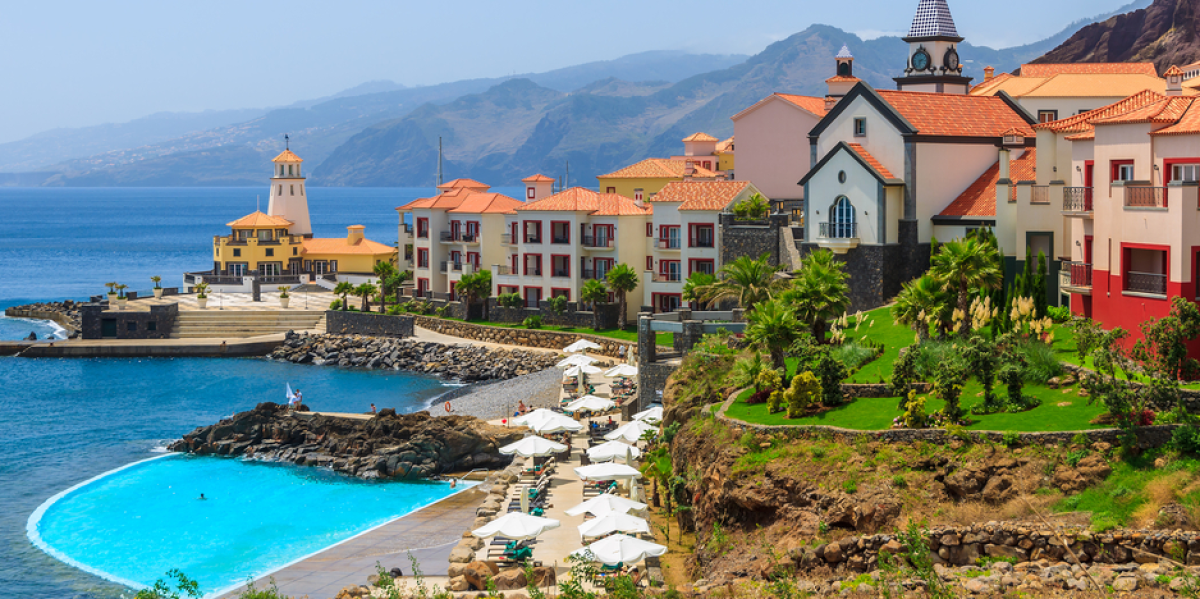
Obtaining residency as an expat can sometimes be an arduous and time-consuming process. Often countries require long periods of residence, along with a range of other criteria that must be met before you can acquire a residency permit, even if you're ready to call your new country home. However, if you have a few $100,000 burning a hole in your pocket, or you are looking to invest in your latest destination anyway, you may want to consider the countries which allow foreign investment in property in addition to offering residency above a certain level of investment.
Opening the door to EU member states
This may be the ideal route for anyone seeking European citizenship who may want to work throughout Europe or to travel easily between member states. Portugal is favoured by those not looking to move there immediately – you can gain citizenship after seven years on the investor visa, and there is no requirement to reside in the country during this time other than two weeks every two years. This may be perfect for anyone who would like to reside or foresees increased business in the EU over the coming years, but has no desire to immediately take up residency in the country.
Spain, on the other hand, requires five years of residence following a 500,000 euro investment, which offers the prospect of a family residency permit initially. This, therefore, is for those who are dedicated to a life in Spain, and will require an in-depth knowledge of Spanish, as well as of the real estate and rental markets in the region of investment. However, like Portugal, Spanish citizenship will get you access to the wider EU market both in terms of movement and business.
Other European countries that have well-known investor residency or “golden visa” options include Malta, Cyprus, Greece, and Latvia.
Investing in tropical climes

One of the longest standing investor visa options is that of St. Kitts and Nevis, where if you acquire a property for $400,000, you will have the option of residency in the tropical paradise. However, getting a job there may be hard and the lifestyle pricey. There is also no specific tax benefits, unlike the Bahamas, which offers up the same sunny climes in addition to tax benefits and, overall, more developed infrastructure.
An ocean away lies two possible options – the Seychelles and Mauritius. In the former, if you decide to purchase property will get a residency permit that will need to be renewed every five years. However, though the Indian Ocean gem has all the natural charms you would want from a tropical island. Mauritius, on the other hand, is considered a leading African economy and an education hub, and has recently courted a fair amount of foreign investment. A recent law change concerning foreign ownership of real estate in the country means that there are several government programs allowing foreign nationals to invest in property. Though English is one of the main languages used, it remains the case that French speakers will likely have an easier time.
Sources:



















